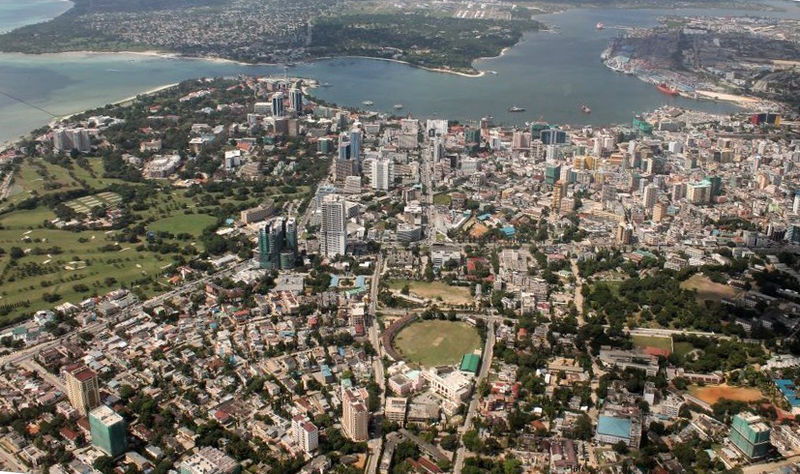Alexandra Henderson, CEO and Director of the Weidenfeld-Hoffmann Trust, recently attended Lord Weidenfeld’s funeral in Israel, and has shared her impressions of the day.
A small group of us close friends joined the family to witness George being taken to his last resting place on the Mount of Olives. A few years ago George had told me that his friend, Jacqui Safra, had suddenly announced that he had secured a very special present for him and Annabelle – burial plots for them both in Jerusalem. Although it seemed impossible that his body could be spirited there within forty eight hours, this is just what happened.
By Friday morning a group of around thirty had arrived from different corners of the world and we set off from Tel Aviv in a convoy of people carriers. It was a beautiful, sunny, warm day and as a newcomer to the country I was struck by the stark landscape that we drove through. Suddenly we found ourselves in a traffic jam winding our way around the hillside outside the walls of the city, tiny roads full of honking horns and impatient travellers whilst on each side, behind stone walls and gates was a sea of white. We stopped the traffic as we went up and down looking for the right gate. Eventually we saw a small group of people in sombre clothes and guessed we were at the right spot. We joined others who had come from Tel Aviv and then, just behind Annabelle, were two young men carrying the simple shroud which they put down, quite roughly, on a trolley feet away from the grave.

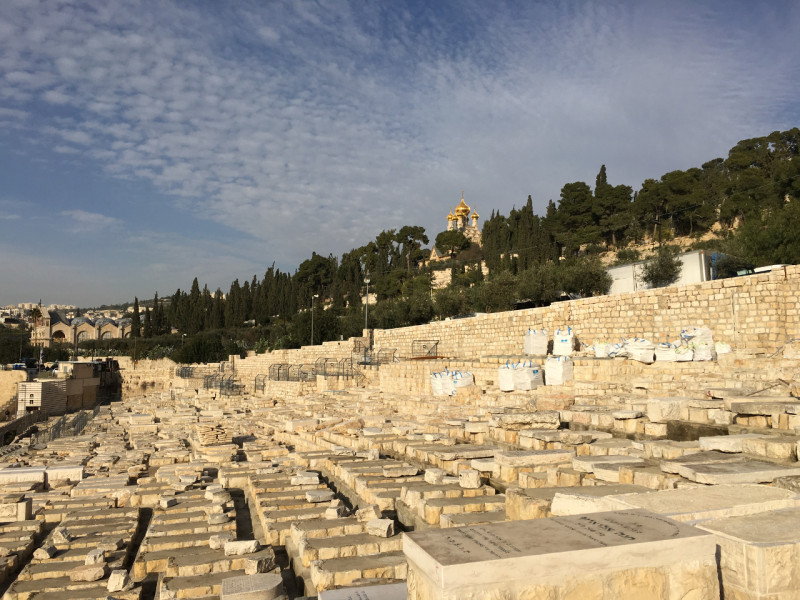
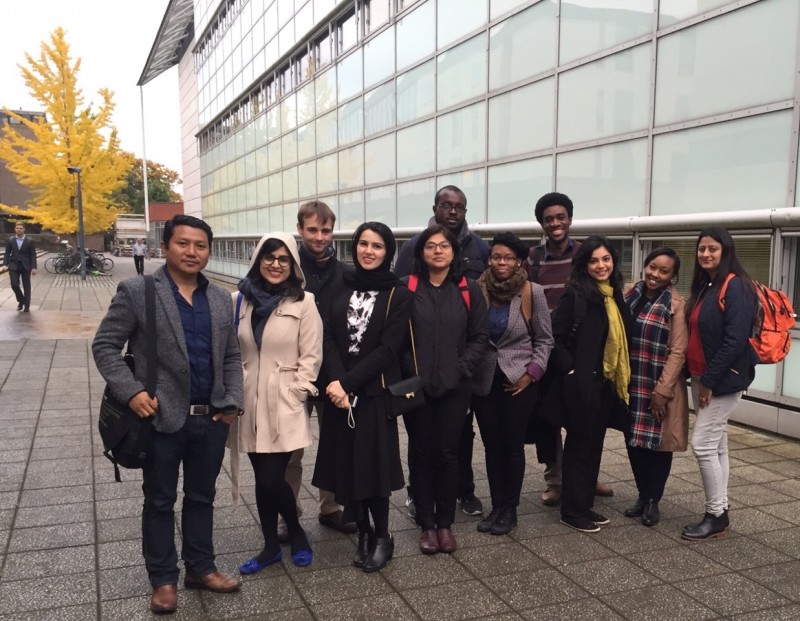
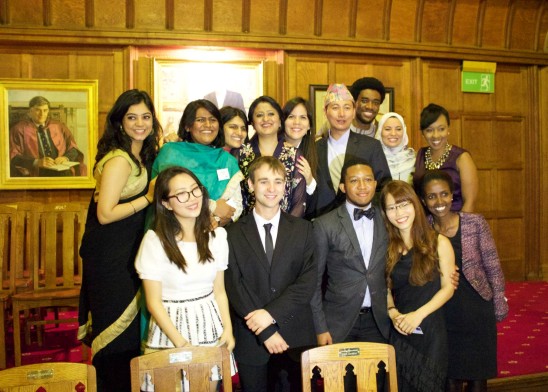
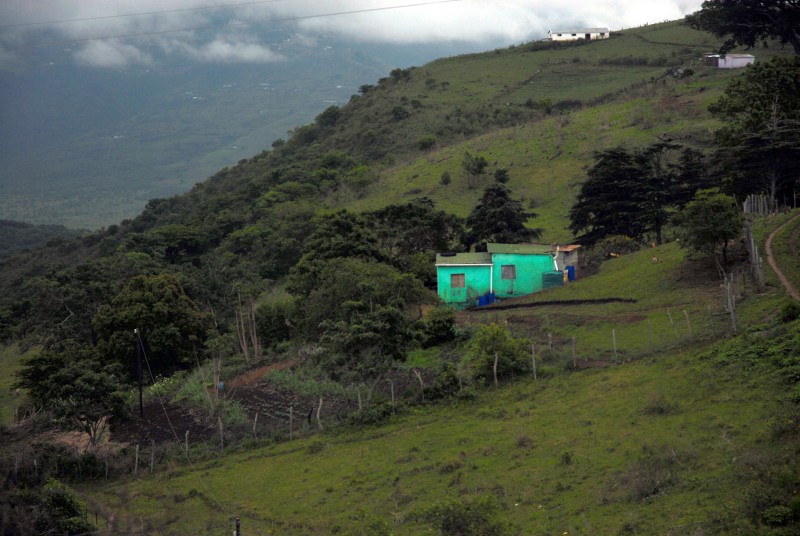
 The behaviour of small-scale farmers has changed in many areas of rural South Africa. This is a result of a complex mix of factors that impact on one another in various ways undermining the ability and the desire to cultivate. My research was conducted in Mbotyi, a small coastal village in the ex-Transkei region of South Africa, previously a semi-independent ‘homeland’ during Apartheid. It is in regions like this that the bulk of South Africa’s rural poverty is concentrated and that the greatest challenges for rural development exist (See below, notes
The behaviour of small-scale farmers has changed in many areas of rural South Africa. This is a result of a complex mix of factors that impact on one another in various ways undermining the ability and the desire to cultivate. My research was conducted in Mbotyi, a small coastal village in the ex-Transkei region of South Africa, previously a semi-independent ‘homeland’ during Apartheid. It is in regions like this that the bulk of South Africa’s rural poverty is concentrated and that the greatest challenges for rural development exist (See below, notes 


